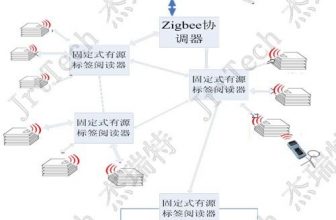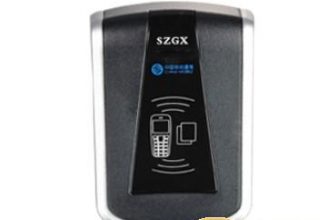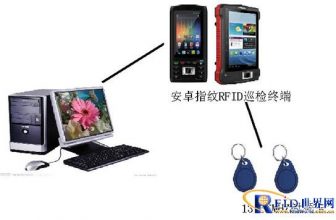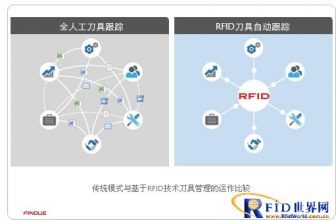
RFID technology improves warehouse and inventory management case
[ad_1]
Generally speaking, production enterprises will design two aspects in warehouse management, one is warehouse management, and the other is inventory management. From a definition point of view, warehouse management is greater than inventory management. Tianjin Xiaobee believes that in the warehouse management of modern enterprises, it is necessary to carry out more detailed and comprehensive management of these two aspects in order to improve the operation level of the enterprise in all aspects. Let’s talk about the benefits of RFID technology applied to warehouse and inventory management in the following two aspects:

A definition of warehouse and inventory management
The core of inventory management is the management of the goods themselves. It is the management of the quantity and related attributes of the goods. The purpose is to provide sales and procurement services, ensure reasonable inventory holdings, handle inventory classification accounts and in and out flow accounts, with documents The form basically covers all kinds of warehouse entry and exit operations, but it cannot integrate the various resources of the warehouse, nor can it optimize the efficiency of a large number of operations in warehousing and distribution.
The object of warehouse management is not only the regular inventory management of goods, but also the management of all resources in the warehouse and distribution center where the goods are stored, including storage locations, areas, automation equipment, labor, etc. The purpose is to integrate these resources , Carry out a unified, coordinated and efficient planning of a large number of warehousing operations such as warehousing and loading, order picking, vehicle stowage, etc., and achieve the most optimized storage layout, and arrange the busy and messy entry and exit and the warehouse operations in an orderly manner. Optimize the utilization of equipment and labor, reduce operating errors, reduce operating costs, improve overall operating capabilities, and be able to calculate costs based on data such as the time of using resources, and perform independent accounting and third-party charges for warehousing and distribution.

2. Changes brought about by the introduction of RFID technology into warehouse and inventory management:
1 Improvement in warehouse management efficiency
It is well known that RFID technology has long-distance fast reading functions that other technologies do not have. It uses RFID technology to collect data and manage daily business, establish a cargo RFID management platform, support important business processes in warehouse management, and improve such as storage and export. The efficiency of core business processes such as library and inventory has a significant effect. Realize automatic identification, information sharing and tracking, and bring improvements in productivity, accuracy, profitability and customer service.
2 Improvements in inventory management
By applying RFID technology to all aspects of warehouse management, it is possible to effectively aggregate and analyze all data in real time, improve stock outs in a timely manner, reduce replenishment time, reduce inventory management labor, and improve inventory and inventory accuracy. sex.
It can be seen from the above that the application of RFID technology has not only made great improvements in warehouse management, but also greatly helped the company’s inventory management. This is very helpful for companies to enhance their own strength and win a place in the fierce market competition. Great support.
[ad_2]






